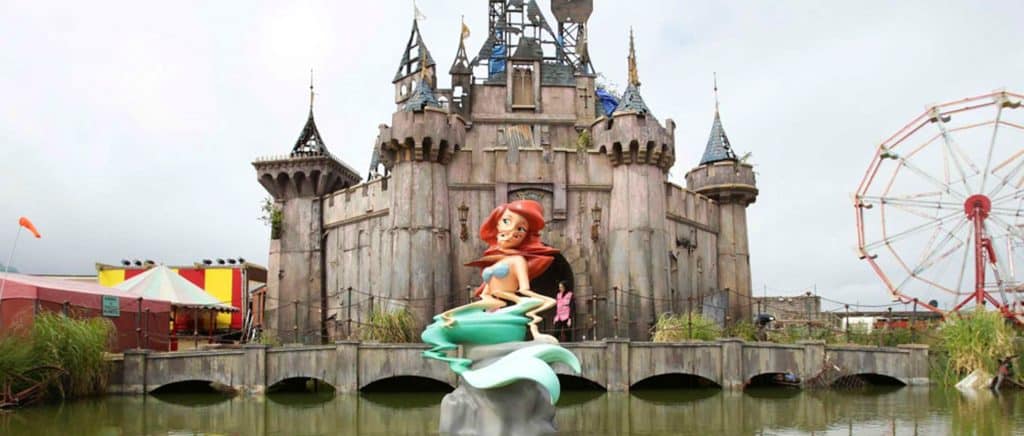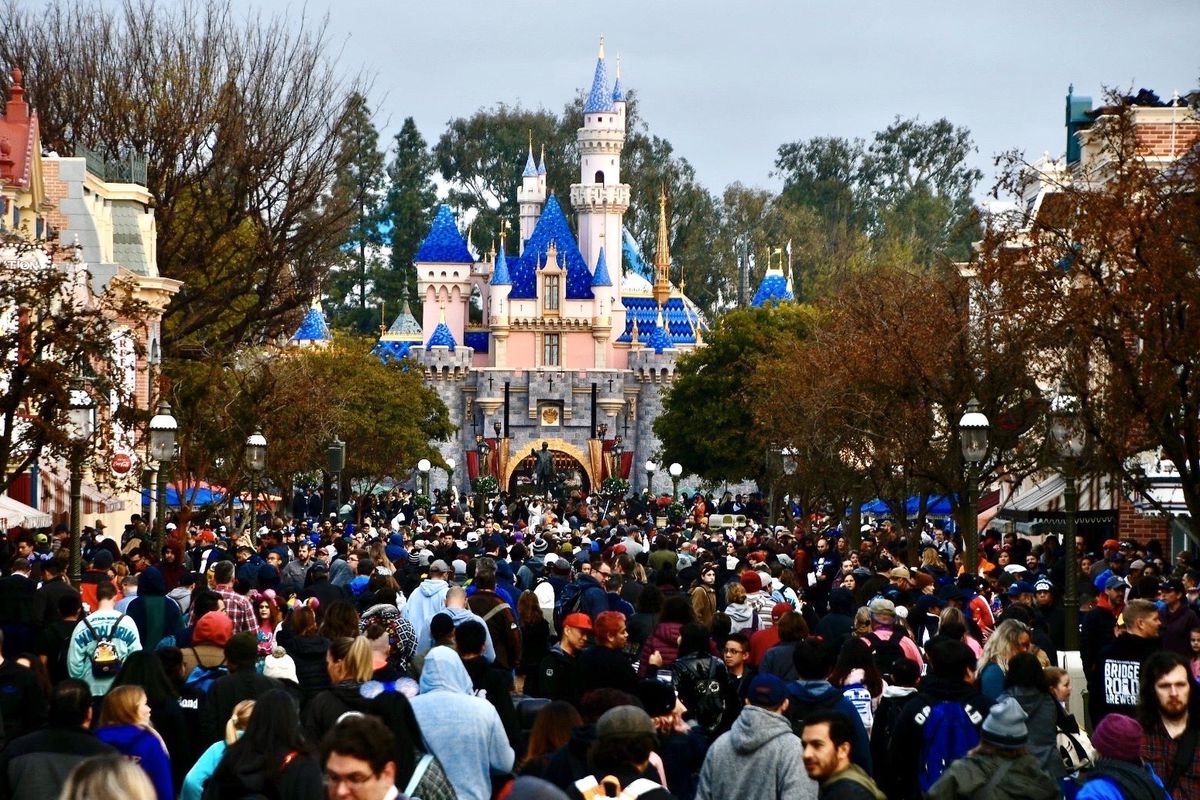Disneyworld and Disneyland fans dream of returning to big theme parks, but what future will they have in a world that has gone through a pandemic?
Little but sure: it will be a different world. Masks, cleaners and social distancing were not part of the Disney experience before the March closures. Theme parks are places created to bring people together. Many people, very close to each other. The current trend, and partly the future, are of the opposite sign.

The current state
The American authorities sent guidelines this week for the possible reopening of parks in the area of the city of Orlando, Florida.
This is a multi-stage plan that in the current context seems risky and premature, but it was clearly conceived with a perspective vision.
The 1 phase a reopening would allow the parks to operate at 50% of their accommodation capacity. The 2 phase it would jump up to 75%. In both, any staff member aged 65 or over would be encouraged to stay at home.
Suggested guidelines include parks placing signs on the ground at a distance of 2 meters to regulate queues, and staff cleaning surfaces regularly. For the rest, nothing too dissimilar to the rules we already encounter today when we go shopping.
- All employees should wear face masks (there is no mention of the same requirement for guests).
- Contactless hand sanitizer dispensers should be available at each ticket entrance and turnstile, as well as at the entrances and exits of each ride and attraction.
- Parks should clean all railings and surfaces regularly.
- Temperature checks should be carried out on staff members before each shift (those with a temperature above 37,5° should be banned from entering)
When will it happen?
“Theme parks and other venues of this magnitude must each develop their own specific and unique set of guidelines based on CDC recommendations and using best practices that will protect the lives, health and safety of employees and guests.” This is what the co-chair of the task force said Chuck Whittall.
He is also part of the task force Thomas Mazloum, senior vice president of Walt Disney World Resorts and Transportation Operations. This doesn't make me read his statement correctly: "Parks will be allowed to open at their discretion with their level of safety determined internally during the various phases."
The discipline imposed by governments is frightening because it could lead to authoritarian tendencies, but in times of pandemic self-discipline certainly does not keep people calm.
The tricks
Among the guidelines suggested for the future of theme parks there is a series of measures that can partially change the appearance of the parks. The promotion of mobile check-ins, redesigned cleaning services, sneeze guards at the reception and others.
Adjustments which, in the current framework, will probably be implemented in months: places of great aggregation such as these will, if necessary, be the last to reopen. In California the authorities are even more explicit: one of the requirements for reopening (in phase 4, the last of those planned) is that effective therapies against the coronavirus have been developed, which means that this phase.
How things will change
Until the parks are up and running again, it's difficult to know exactly what the experience will be like for guests. With fewer people initially in the parks, there will certainly be fewer crowds.
To some it may seem like an off-season visit. To others, the future of theme parks may seem less energetic and lively. Even with fewer people, however, waiting times may not be as short, give security procedures to be taken in queues, restaurants and theme park shops.
Virtual queues: there is already an app today, My disney experience, which allows guests to make an appointment to join a queue. These tools will be of greater use and their use will evolve.
Suspension or regulation of fashion shows and shows: popular events such as the mythical parade on Main Street with floats and characters often bring many people together in one area. They may not be organized, or organized in such a way as to better distribute people.
No pre-show attractions: You may want to skip the pre-show attractions or “street” shows that distract you from the wait, because they are another point where people tend to congregate.
And the future of theme parks in Italy?
Joseph Ira, President of the Permanent Parks Association which includes all the major Italian theme parks, is worried.
The greatest risk is that the parks will not reopen due to the impossibility of applying all the necessary protocols, and for seasonal ones (such as water parks) only a miracle would be needed to avoid the loss of the entire summer season, a truly concrete prospect. Not to mention wildlife parks, which also require a lot of expense for the maintenance and health of the animals that populate them.
The solutions proposed by the government for the tourism sector are not considered satisfactory, and the possible disappearance of the redundancy fund will put the managers in the position of having to fire even the permanent staff, and/or sell the structures. The specter of some offers (at very low prices) by hedge funds seems to have already materialized.


